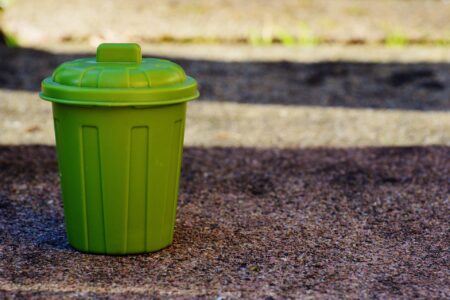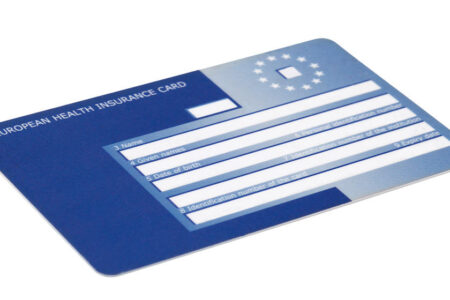The Feast of the Epiphany, known in Cyprus as Theophany or Fota, is one of the most important events in the Orthodox calendar. Celebrated on January 6th, it concludes the cycle of Christmas celebrations. For Cypriots, this day is imbued with spiritual meaning, ancient customs, and solemn rites symbolizing purification, renewal, and enlightenment.
Contents
- 1 The meaning of the holiday
- 2 Preparation for Baptism
- 3 Solemn divine services
- 4 Baptism in Limassol, Larnaca and Paphos
- 5 Customs and symbols of the holiday
- 6 Blessing of houses
- 7 Culinary traditions of the holiday
- 8 Epiphany and the end of the Christmas holidays
- 9 Modern celebrations
- 10 Symbolism of water and light
The meaning of the holiday
The Baptism of the Lord represents the event described in the Gospel: Jesus Christ was baptized in the Jordan River by John the Baptist, and at that moment the Holy Spirit descended upon Him in the form of a dove, and a voice from heaven proclaimed, “This is My beloved Son.”
In Cyprus, this day is also called Fota, which literally translates as the “Feast of Light.” The holiday symbolizes the enlightenment of the soul, the victory of light over darkness, and the purification of water, earth, and humanity.
Preparation for Baptism
Festive preparations begin the day before, January 5, which is called the Eve of the Epiphany. On this day, the Great Blessing of Water (Megaς Αγιασμός) takes place in churches. Priests read prayers, bless the water, and sprinkle the churches and homes of the faithful.
According to ancient custom, Cypriots carefully preserve holy water throughout the year, believing it to protect against illness and evil spirits. Many fast on this day to purify themselves before the great feast.
Solemn divine services
On the morning of January 6, festive liturgies are held in all Orthodox churches on the island, after which the blessing of water sources takes place.
In the coastal cities of Limassol, Larnaca, Paphos, Ayia Napa and Paralimni, thousands of people gather by the sea for one of the most spectacular events of the year: the blessing of the sea water and the immersion ceremony behind the cross.
After the prayer, the priest throws a wooden cross into the sea, river, or harbor. Young men, often professional swimmers, dive into the cold water to retrieve it. It is believed that whoever retrieves the cross first will receive a blessing, good luck, and health for the entire year.
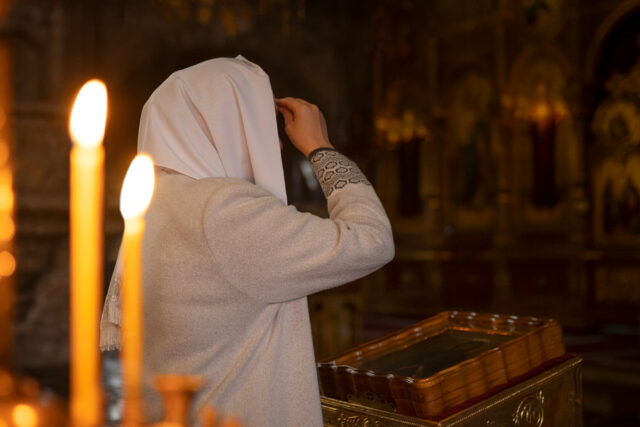
Baptism in Limassol, Larnaca and Paphos
Limassol traditionally becomes the center of the main celebrations. Locals, tourists, and government officials gather on the city’s waterfront. After the liturgy, the cross is blessed in the old port, the Cypriot anthem is played, and then dozens of divers plunge into the sea. After the ceremony, everyone is treated to wine and sweets.
In Larnaca, the service takes place at the famous marina opposite the Church of Saint Lazarus. Sailors decorate their boats with Greek and Cypriot flags, and throw a cross into the sea from a boat. In Paphos, the ceremony takes place in the harbor near the ancient castle, lending a special atmosphere to the event—there, the celebration is accompanied by choir performances and a festive parade.
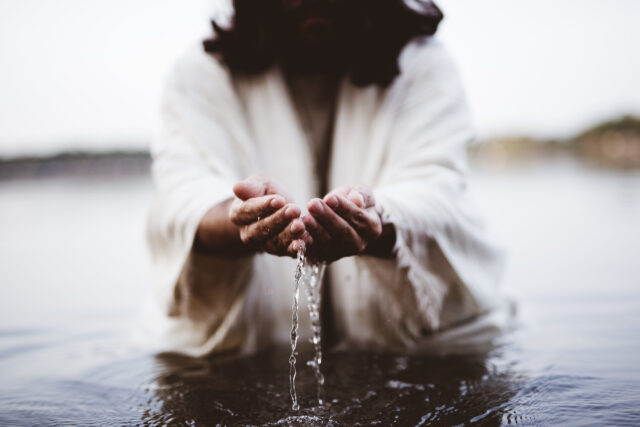
Customs and symbols of the holiday
The Feast of Epiphany in Cyprus is closely linked to folk beliefs and ancient rituals passed down from generation to generation.
- Purification of the home and family. After the water is blessed, the priest or head of the family walks around the home, sprinkling the walls, rooms, yard, and even animals. This is believed to cleanse the home of evil spirits and bring peace.
- The Expulsion of the Kallikandzars (καλικάντζαροι). These mythical creatures, according to legend, appear at Christmas and disappear on Epiphany, when holy water drives them back underground.
- Blessing of Livestock and Fields. In rural Cyprus, the tradition of sprinkling holy water on farms and crops to ensure fertility and prosperity in the new year is still preserved.
- Bathing in the sea. Although January is a winter month, many Cypriots perform a symbolic ablution in the sea, believing the water has special purifying powers on this day.

Blessing of houses
After the morning service, priests walk through the streets of villages and towns with censers and crosses, offering to bless the homes of parishioners. The owners greet them at the entrance, light candles, and sprinkle incense. This custom symbolizes the new year’s fresh start.
Residents bring home some of the blessed water and keep it in a bottle next to the icons. They drink it during difficult times or illness, considering it a source of spiritual strength and protection.
Culinary traditions of the holiday
Baptism in Cyprus is accompanied by a special feast. After the festive service, families gather for dinner, where simple yet symbolic dishes are served:
- fish and seafood as a sign of purification;
- bread with olive oil is a symbol of abundance and peace;
- sweets with honey, representing blessing and joy.
In some regions, traditional flatbreads with anise and sesame seeds are prepared, which are blessed and distributed to neighbors as a sign of reconciliation and good wishes.

Epiphany and the end of the Christmas holidays
January 6th marks the end of the long Christmas period that began in December. After the holiday, decorations are taken down, the lights in the streets are dimmed, and families return to their normal lives.
For Cypriots, Baptism is not only a religious rite, but also a moment of transition: cleansing from the old, the beginning of a new stage, a symbol of spiritual and physical rebirth.
Modern celebrations
Today, the Epiphany festival in Cyprus retains its ancient roots while also becoming a part of the island’s cultural life. Municipalities organize festive events, concerts, parades, and coastal festivities.
Children’s choirs traditionally perform in Paphos and Limassol, while Larnaca hosts folk art exhibitions and festivals. Tourists actively participate in the ceremonies, observing the immersion of the cross and taking photos against the backdrop of the blue sea and festive processions.
The festival unites all generations: elders pass on traditions to the young, and modern Cypriots maintain a spirit of reverence for the shrine, combining it with joy and fellowship.
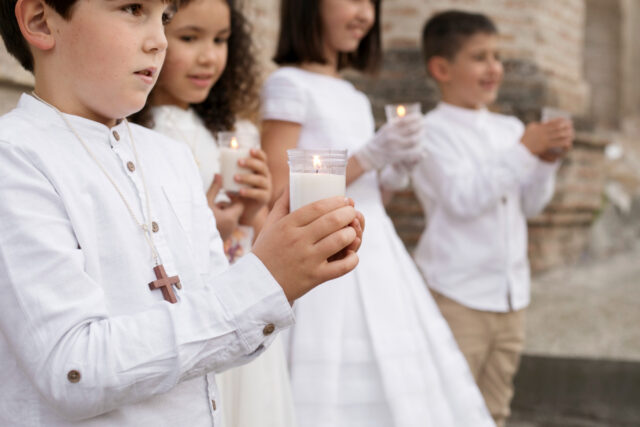
Symbolism of water and light
The main meaning of Epiphany is the blessing of water and the enlightenment of man. This symbol is especially close to home in Cyprus: the island is surrounded by the sea, and water has long been perceived as a source of life and purification.
On Epiphany Day, Cypriots believe that all water on earth becomes holy—sea, river, and rain. Therefore, it is considered auspicious to begin new ventures, get married, build houses, or embark on journeys.
The Feast of the Epiphany in Cyprus is a majestic celebration of light, water, and faith. It unites spirituality, folk traditions, and the joy of community. From prayers in churches to the ringing of bells over the sea, from the blessing of homes to the laughter of children in festive squares—everything on this day is filled with a sense of renewal.
On January 6, Cypriots celebrate more than just a religious date, but a holiday symbolizing purification, peace, and hope. Epiphany remains one of the island’s most vibrant events of the year, a reminder of eternal values—faith, unity, and the light that conquers darkness.








